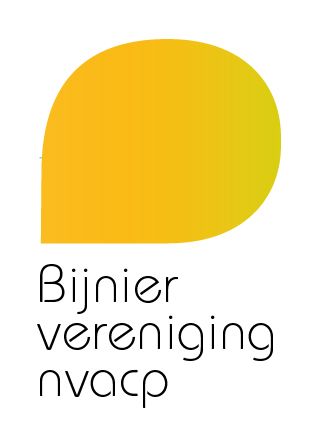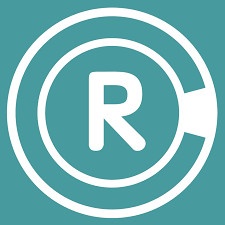Online Publication Date: 12 Dec 2022
Abstract
Adrenal insufficiency is a life-threatening condition requiring chronic glucocorticoid replacement therapy, as well as stress adaptation to prevent adrenal crises. To increase patients’ self-sustainability, education on how to tackle an adrenal crisis is crucial. All patients should carry the European Emergency Card.
Keywords: adrenal insufficiency; patient education; medical alert card
The number of individuals in Europe with primary and secondary adrenal insufficiency (AI) is estimated to be 20–50 per 100,000 (1). AI is characterised by a deficit in synthesis and release of cortisol, with symptoms including tiredness, weakness, loss of energy, weight loss, nausea, vomiting, abdominal pain, and muscle and joint pain. Patients with primary AI typically also crave for salt and are hyperpigmented, due to concurrent deficiency of aldosterone and increased adrenocorticotropic hormone. Once diagnosed, chronic, daily replacement with glucocorticoids is essential. An adequate hormone replacement dose is considered to be a total of 15–25 mg hydrocortisone (or cortisone acetate 20–35 mg per day) in adults in two to three daily doses, and 8 mg/m2 body surface/day in children divided over three to four doses (2). Patients with primary AI typically also require fludrocortisone, 0.05–0.2 mg daily. However, in situations of illness or severe stress, the ordinary replacement doses do not suffice. Therefore, patients with AI should be empowered by regular education on the use of sick day rules and emergency equipment. To avoid an adrenal crisis in situations of severe stress and/or illness, sick day rules include doubling or tripling the ordinary daily glucocorticoid dose, distributed evenly over the day (1). In addition, in the event of an adrenal crisis, patients have to be treated without delay with i.v. or i.m. hydrocortisone and, equally important, with i.v. physiological salt solution (3). A patient with adrenal insufficiency needs to be vigilant in case of food poisoning or any gastrointestinal upset since gastroenteritis is the most common cause of adrenal crisis (3).
For the patient to feel safe and to be able to prevent an adrenal crisis, education is essential. Patients should be provided with equipment for self-injection of hydrocortisone, and a medical alert card/European Emergency Card to inform physicians and other health professionals of the patient’s condition and how to manage an acute adrenal crisis. Furthermore, the patients’ families, perhaps also neighbours, friends and colleagues at work, should be familiar with the disease and how to act in the event of an emergency. Besides the patient’s endocrinologist, endocrine nurses are invaluable resources for providing patient education.
Source: Endocrine Connections






